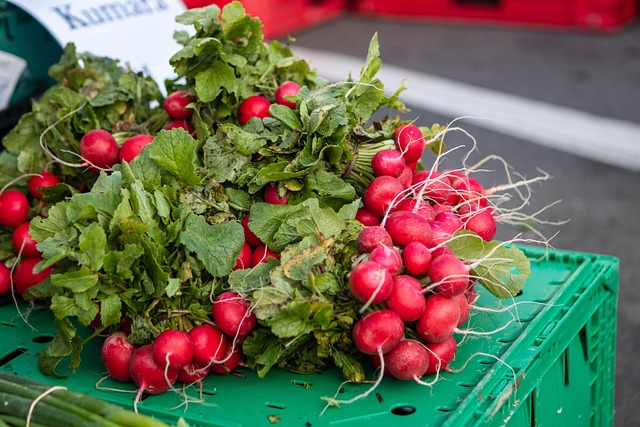Yard waste, often ignored, heavily pollutes landfills. Simple strategies like composting at home and using local recycling programs reduce landfill strain, greenhouse gas emissions, and foster sustainability. Effective recycling practices by gardeners contribute to conservation of natural resources, making yard waste removal and recycling crucial for a greener environment.
Educating communities about proper yard waste removal and recycling is essential for fostering a sustainable environment. This article delves into the world of composting and recycling, offering insights on how homeowners can reduce waste and benefit their gardens. We explore the impact of yard waste on ecosystems and highlight the advantages of composting at home. Additionally, we provide effective recycling practices tailored for gardeners, ensuring a greener and more environmentally conscious future.
- Understanding Yard Waste and Its Impact
- The Benefits of Composting at Home
- Effective Recycling Practices for Gardeners
Understanding Yard Waste and Its Impact

Many people are unaware of the significant role yard waste plays in our environment. From lawn clippings to garden trimmings, what might seem like harmless organic material contributes to a substantial amount of landfill waste. This is especially true for areas with larger properties and lush landscapes, where regular yard maintenance generates a considerable volume of debris.
Educating communities about proper yard waste removal and recycling practices is essential. By composting and repurposing this natural resource, we can reduce the strain on landfills, decrease greenhouse gas emissions, and foster a more sustainable environment. Simple changes in our daily routines, such as using compost bins or participating in local recycling programs for yard waste, can have a profound impact on the health of our communities and the planet.
The Benefits of Composting at Home

Composting at home offers numerous benefits, both for individual households and the environment. By transforming organic yard waste and food scraps into nutrient-rich compost, homeowners can reduce their impact on local landfills significantly. Landfills are often overcrowded and contribute to methane emissions, a potent greenhouse gas. With proper composting techniques, residents can divert substantial amounts of waste from these facilities, promoting more sustainable practices in their communities.
Moreover, home composting provides an excellent natural alternative for yard waste removal and recycling. Instead of relying on chemical-based fertilizers or purchasing commercial compost, individuals can create their own using readily available kitchen and garden scraps. This practice not only reduces the carbon footprint associated with transportation but also fosters a more self-sufficient approach to gardening and land management.
Effective Recycling Practices for Gardeners

For gardeners, effective recycling practices involve integrating sustainable methods into their routine yard care. One key strategy is composting, which transforms organic waste like food scraps and lawn clippings into nutrient-rich soil amendments. This not only reduces the volume of waste sent to landfills but also enriches garden soil, promoting healthier plant growth.
Additionally, gardeners should familiarize themselves with proper sorting techniques for materials that can be recycled. This includes separating plastics, papers, glass, and metals from non-recyclable items. Many communities offer specific guidelines on what is acceptable for recycling, so it’s essential to check local regulations. Responsible yard waste removal and recycling contribute significantly to a greener environment by minimizing landfill contributions and conserving natural resources.
Educating ourselves about proper yard waste removal and recycling practices is a powerful step towards sustainable gardening. By understanding the impact of our choices, we can embrace the benefits of composting at home and implement effective recycling methods in our gardens. These simple yet significant actions contribute to a greener environment, ensuring a healthier planet for future generations. Let’s continue to spread awareness and foster a culture of responsible waste management.






